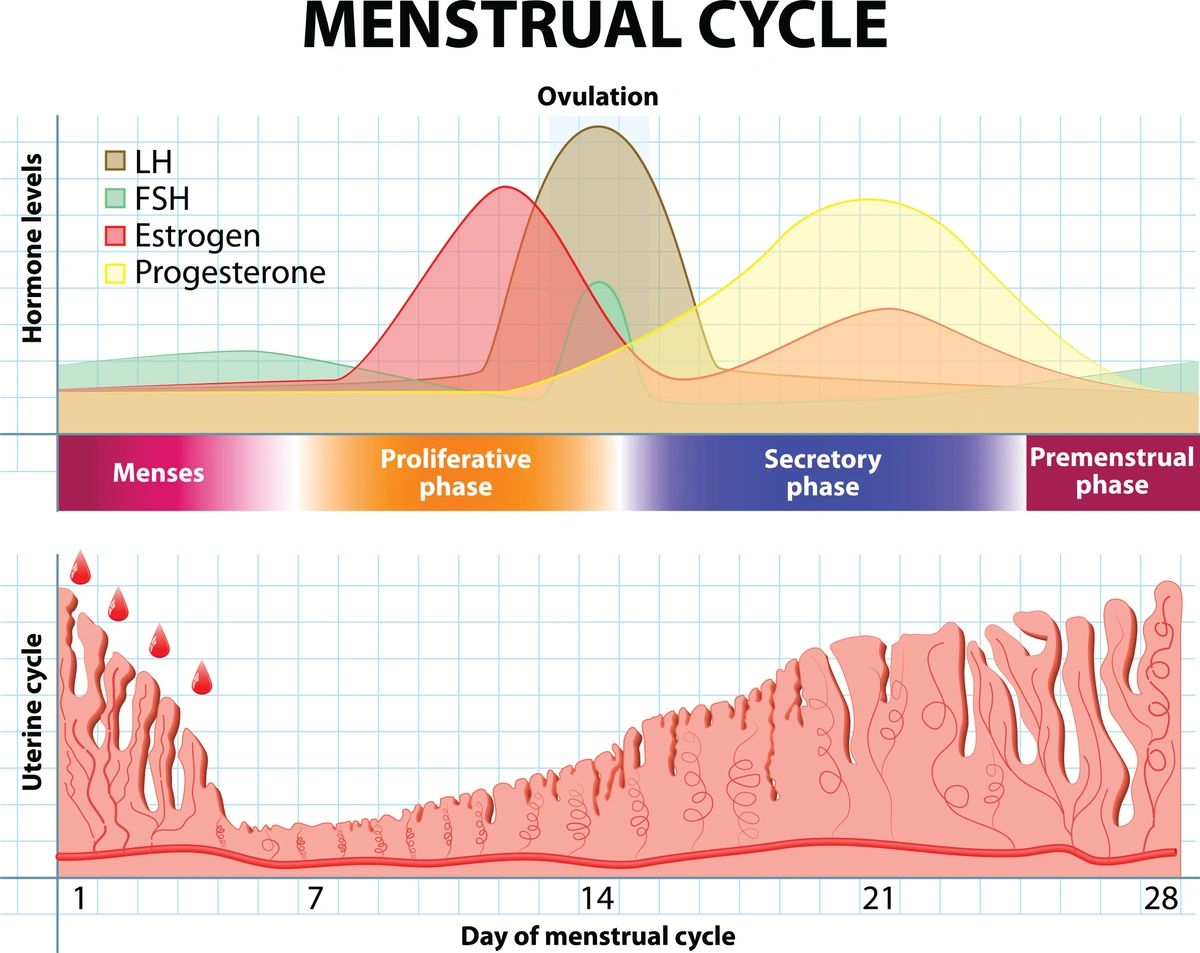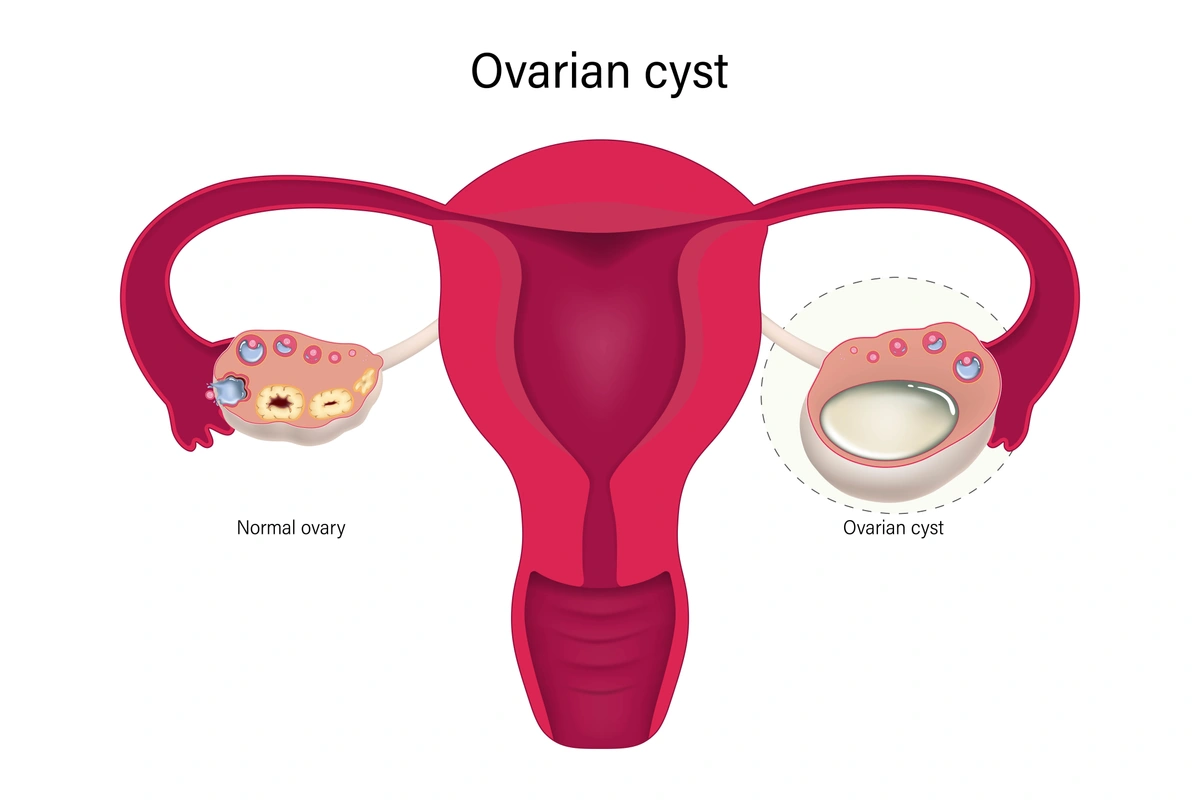
Clomid Side Effects: What to Expect During Fertility Treatment
Clomid, also known by its generic name clomiphene citrate, is a commonly prescribed fertility medication used to help women ovulate or produce several mature eggs. It’s often one of the first-line treatments for patients experiencing infertility—especially those who are not ovulating regularly or at all.
But like all medications, Clomid comes with the potential for side effects. If you’re considering—or already taking—Clomid, here’s what you need to know about how it works, its possible side effects, and when to talk to your doctor.
What Is Clomid and How Does It Work?
Clomid works by acting as an anti-estrogen. It tricks the brain into thinking estrogen levels are low by binding to estrogen receptors in the brain and blocking natural estrogen from attaching to cell receptors. In response, the brain ramps up the production of follicle-stimulating hormone (FSH), which encourages the ovaries to develop mature eggs.
Clomid is typically used in two main scenarios:
-
To induce ovulation in women who are not ovulating regularly
-
To boost egg production in women who do ovulate, as part of fertility treatment protocols
Illustration of a typical menstrual cycle
Common Side Effects of Clomid
Clomid affects each person differently. Many of its side effects are due to its anti-estrogenic action. Below are the most commonly reported issues:
1. Mood Swings and Emotional Changes
Up to 25% of women report experiencing psychological side effects, including:
-
Irritability
-
Anxiety
-
Mood swings similar to intense PMS
While these symptoms are generally tolerable, for some women they may be distressing enough to consider alternative treatments.
2. Hot Flashes
Many patients commonly experience hot flashes similar to those in menopause. These are temporary and usually subside after stopping the medication.
3. Abdominal Discomfort or Bloating
Because Clomid stimulates the ovaries, it can cause mild bloating or pelvic discomfort. This is typically not severe but should be monitored.
4. Visual Disturbances and Headaches
Some patients report:
-
Blurred vision
-
Seeing flashes or spots
-
Headaches
If you experience any visual changes while on Clomid, stop the medication and contact your doctor immediately. These side effects are uncommon but could indicate overstimulation of the central nervous system.
5. Thinning of the Uterine Lining
Estrogen helps build a thick, receptive uterine lining. Because Clomid blocks estrogen’s effects, it can result in a thinner endometrial lining (less than 8mm), which may reduce the chances of implantation.
6. Reduced Cervical Mucus Production
Clomid may interfere with the production of fertile-quality cervical mucus, making it harder for sperm to survive and travel. This can reduce the chance of pregnancy when relying on timed intercourse. However, this issue can be bypassed by using intrauterine insemination (IUI), which places sperm directly into the uterus.
7. Nausea
Some women experience mild gastrointestinal discomfort, including nausea. This side effect is usually short-lived.
8. Ovarian Cysts
In some cases, Clomid can lead to the formation of functional ovarian cysts, fluid-filled sacs that develop on an ovary as a result of the normal menstrual cycle. These are generally harmless but may cause discomfort.
Illustration of an ovarian cyst
Clomid and the Risk of Multiple Pregnancy
One known effect of Clomid is that it can stimulate the release of more than one egg per cycle, increasing the chance of a multiple pregnancy (twins, triplets, or more). Here's how the numbers break down based on research and clinical experience:
-
92% Singletons – The vast majority of pregnancies resulting from Clomid are single babies.
-
7% Twins – About 1 in 14 Clomid pregnancies results in twins, which is higher than the natural twin rate of about 1–2% in the general population.
-
0.5% Triplets or Higher – Very rarely, Clomid can lead to three or more babies. That means approximately 1 in 200 pregnancies could result in triplets or more.
While some patients view twins as a "two-for-one" success, it's important to note that multiple pregnancies are considered higher-risk. They carry increased chances of:
-
Preterm labor and delivery, resulting in survival and health issues
-
Low birth weight
-
Preeclampsia - pregnancy-induced high blood pressure
-
Cesarean delivery
Your fertility provider will carefully monitor how your body responds to Clomid with ultrasounds and hormone testing to reduce the likelihood of multiple ovulations. If there is a concern about overstimulation or too many follicles developing, your cycle may be adjusted or canceled to prioritize your safety and that of your future baby.
Is Clomid Safe for Long-Term Use?
Clomid is generally considered safe for short-term use. Most fertility specialists limit treatment to 3–6 cycles, depending on how your body responds. There is no conclusive evidence linking Clomid to long-term health issues, but ongoing studies continue to evaluate its safety and effectiveness.
Final Thoughts: What to Do If You’re Experiencing Side Effects
If you're having bothersome symptoms on Clomid, don't hesitate to talk with your fertility specialist. There may be alternative medications or treatment strategies that better suit your body and goals.
Clomid has helped millions of people around the world achieve pregnancy—but understanding the risks is just as important as celebrating its benefits.
If you have questions about Clomid or your fertility treatment, our team at Advanced Fertility Center of Chicago is here to support you. Schedule a consultation with one of our fertility specialists to discuss your options.
Categories
About the AFCC Blog
Welcome to the Advanced Fertility Center of Chicago’s blog! Here, you will find information on the latest advancements in fertility care and treatments, including IVF, IUI, third-party reproduction, LGBTQ+ family building, preimplantation genetic testing, and more. Since 1997, we’ve used our experience and continuous investment in the latest fertility technology to help thousands of patients grow their families. Contact us today for more information or to schedule a new patient appointment.



